Optimal Timing for Water Treatments
Water treatments are essential for maintaining water quality and ensuring safe, clean water supply. Proper timing of treatments can optimize effectiveness and extend the lifespan of water systems. Understanding seasonal and environmental factors helps determine the most suitable periods for treatment application.
Spring and fall are ideal for comprehensive water treatments to prepare for seasonal changes and prevent buildup of contaminants.
Applying water treatments before winter helps prevent pipe freezing and reduces mineral buildup.
After heavy rains, treatments can address increased sediment and pollutant levels in water sources.
Regular treatments at scheduled intervals ensure ongoing water quality and system efficiency.
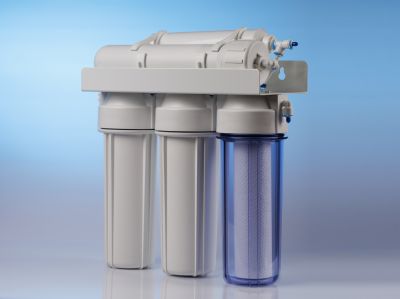
Modern systems used for effective water purification.
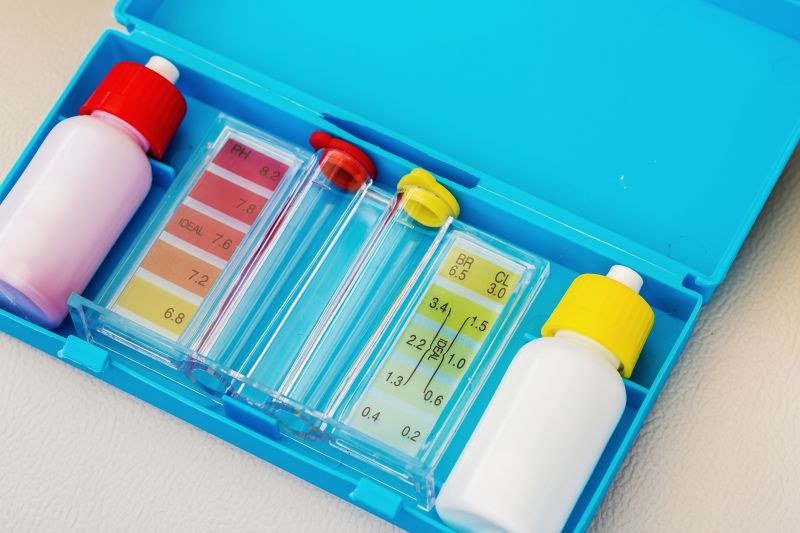
Tools for assessing water quality before treatment.
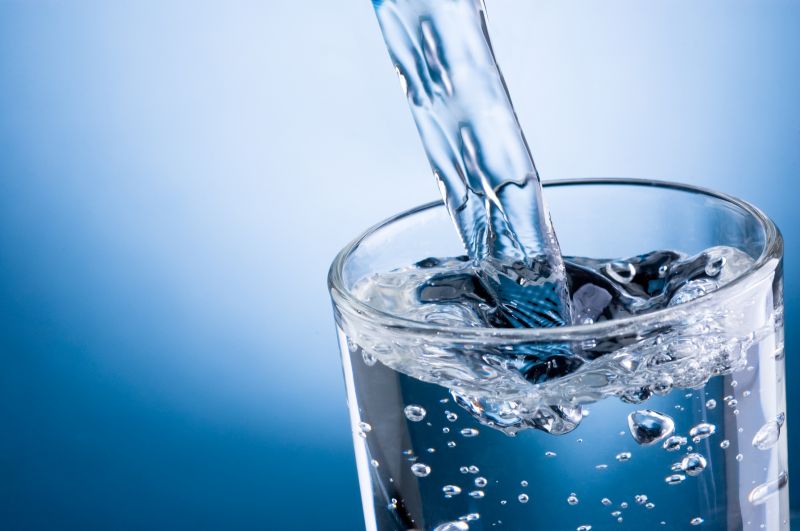
Examples of treated water ready for use.
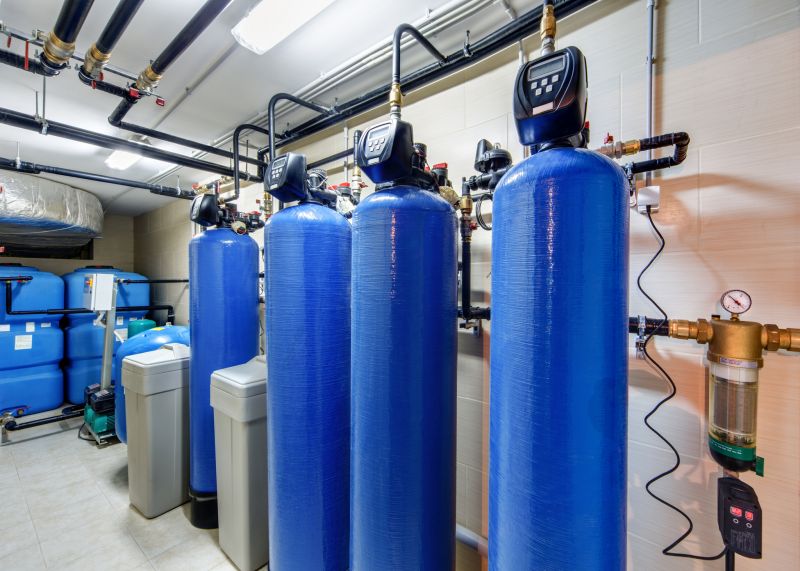
Ways to make Water Treatments work in tight or awkward layouts.
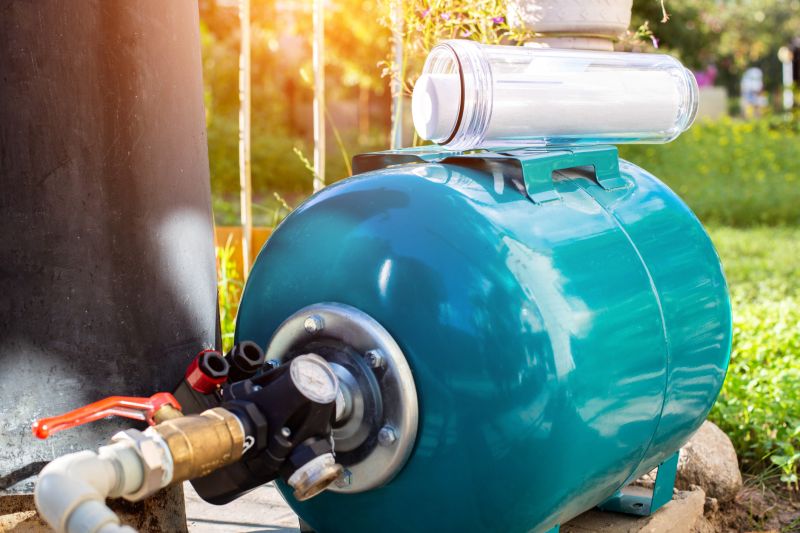
Popular materials for Water Treatments and why they hold up over time.
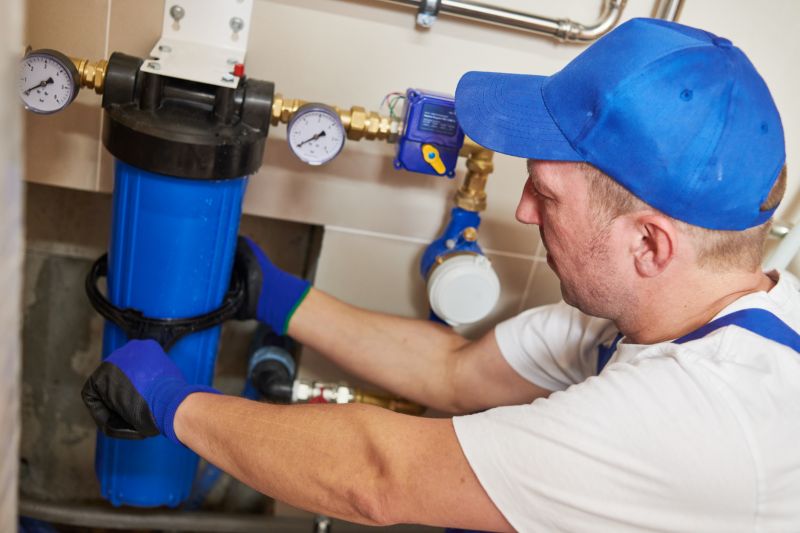
Simple add-ons that improve Water Treatments without blowing the budget.
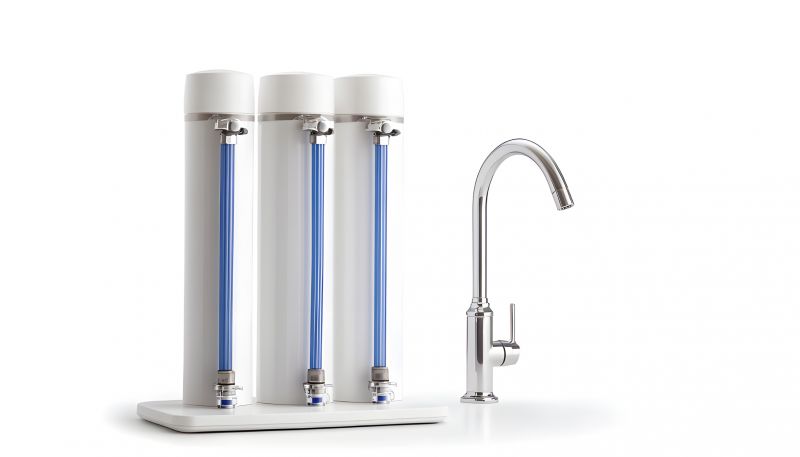
High-end options that actually feel worth it for Water Treatments.
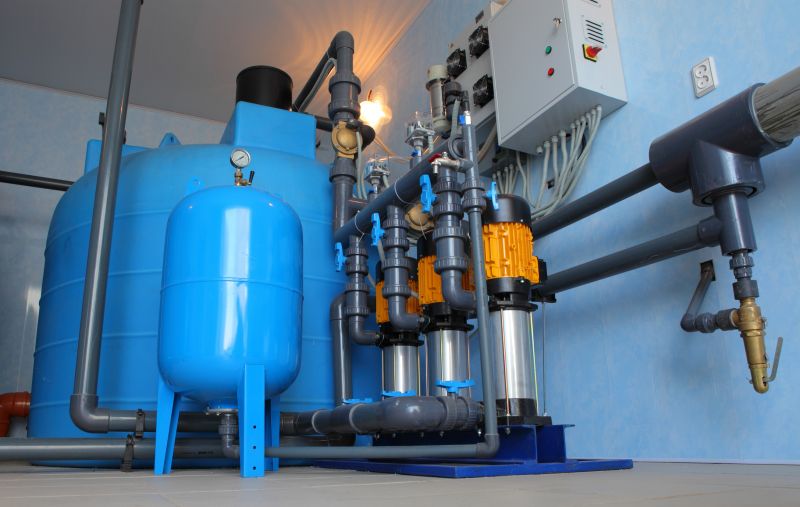
Finishes and colors that play nicely with Water Treatments.
| Timing Aspect | Details |
|---|---|
| Spring | Preparation for increased usage and to prevent algae growth. |
| Summer | Addressing higher temperatures and potential bacterial proliferation. |
| Fall | Cleaning and maintenance before winter. |
| Winter | Preventing pipe freezing and mineral buildup. |
| After Heavy Rain | Reducing sediment and pollutant levels. |
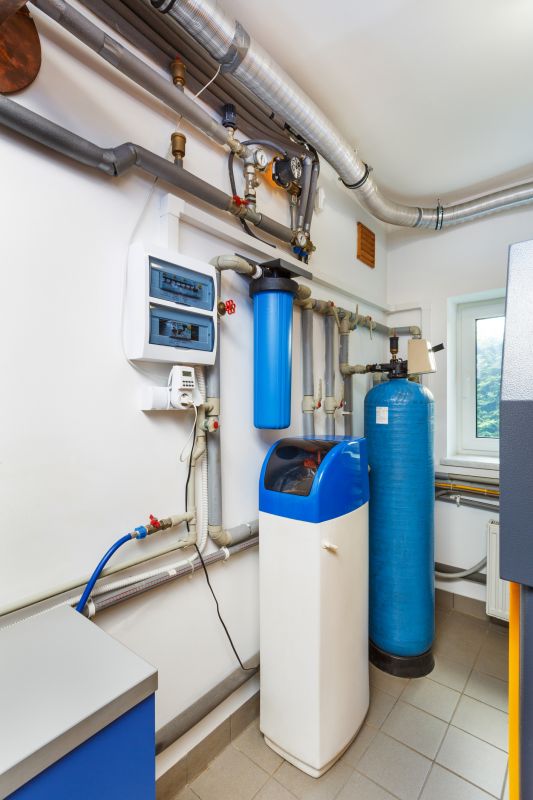
Facility where water is processed and treated.
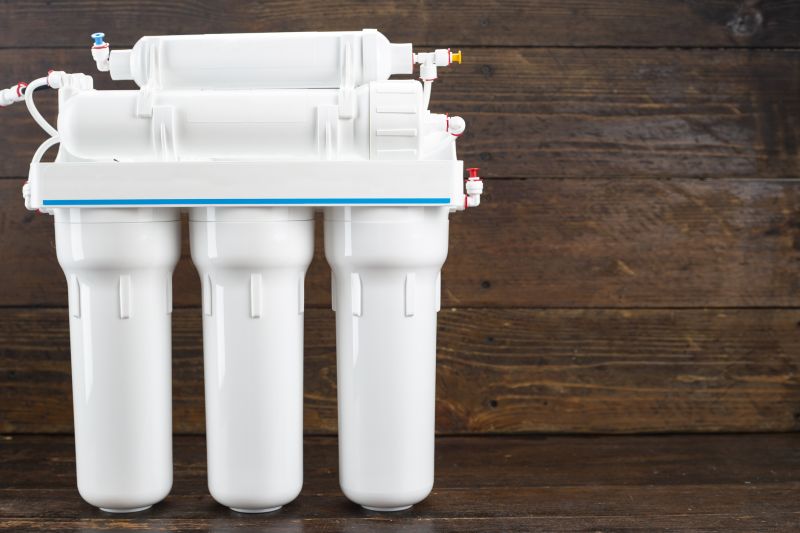
Sampling and analysis to determine treatment needs.

Use of chemicals to purify and condition water.
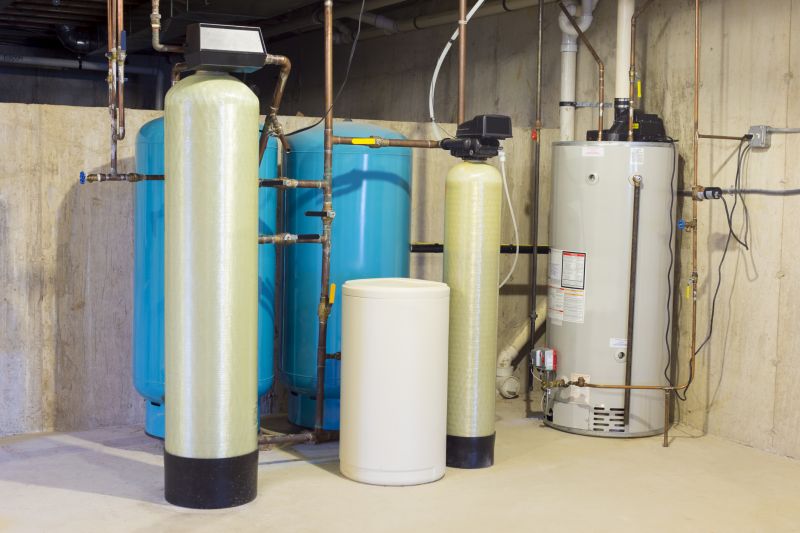
Treated water delivered through pipelines.
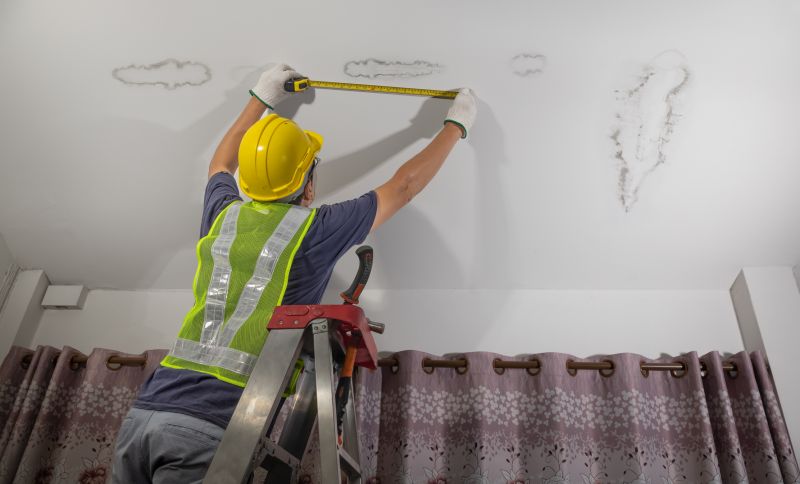
Little measurements that prevent headaches on Water Treatments day.
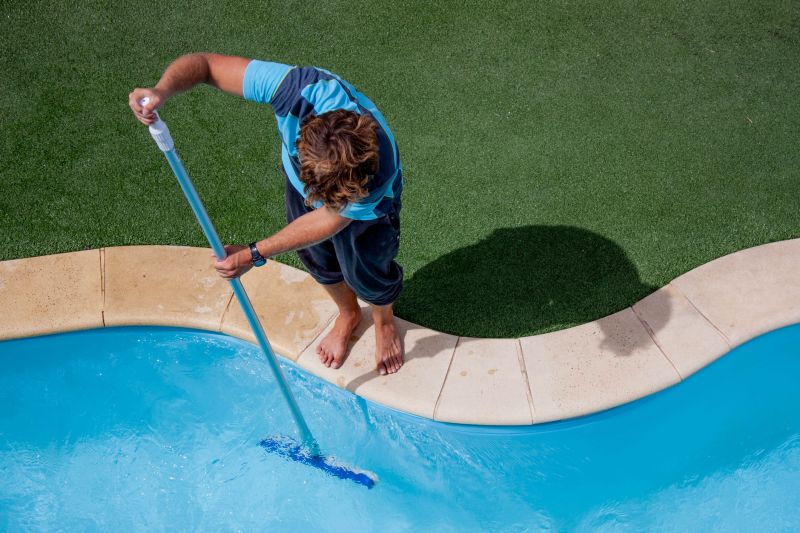
A 60-second routine that keeps Water Treatments looking new.
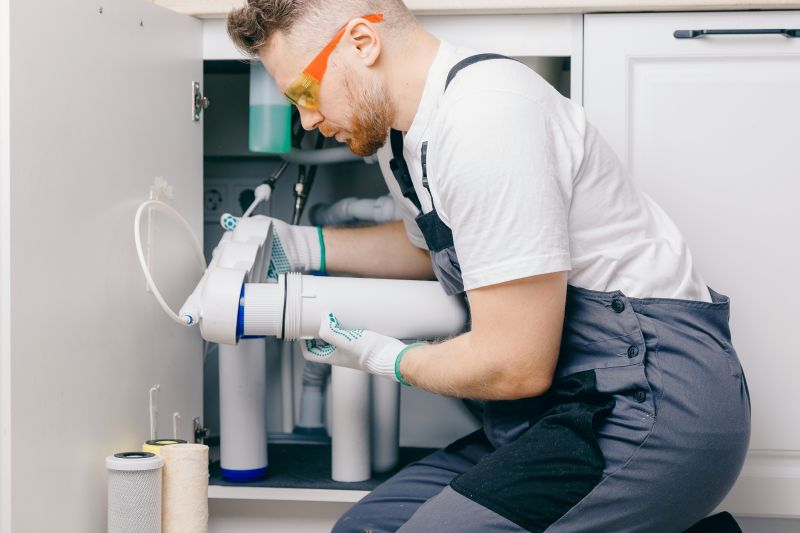
A frequent mistake in Water Treatments and how to dodge it.

Small tweaks to make Water Treatments safer and easier to use.
Water treatments involve various processes such as filtration, chemical disinfection, and sediment removal to ensure water safety and quality. Proper timing enhances the effectiveness of these processes, reducing the risk of contamination and system damage. Regular monitoring and scheduled treatments are crucial for maintaining healthy water systems and complying with safety standards.

Key equipment used in water purification.
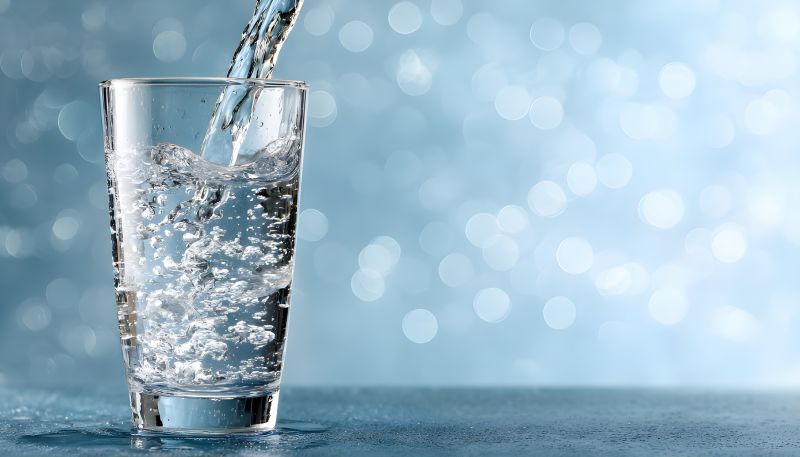
Process of gathering water for testing.
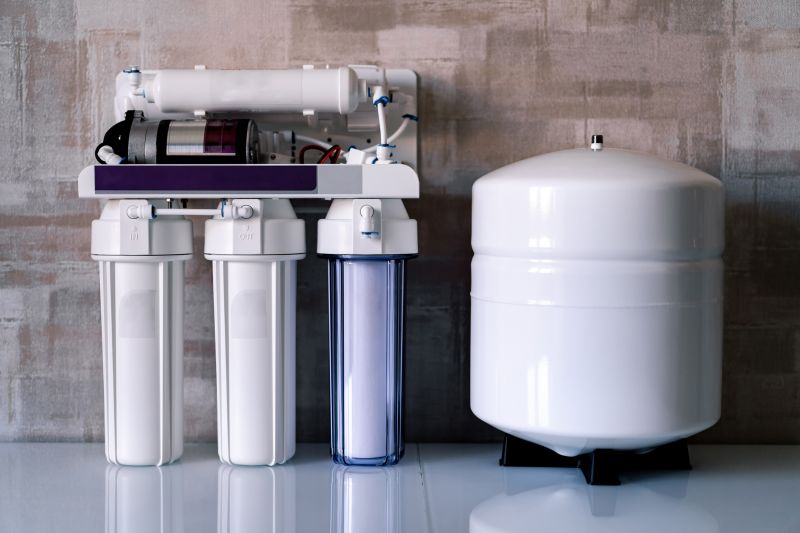
Reservoirs holding processed water.
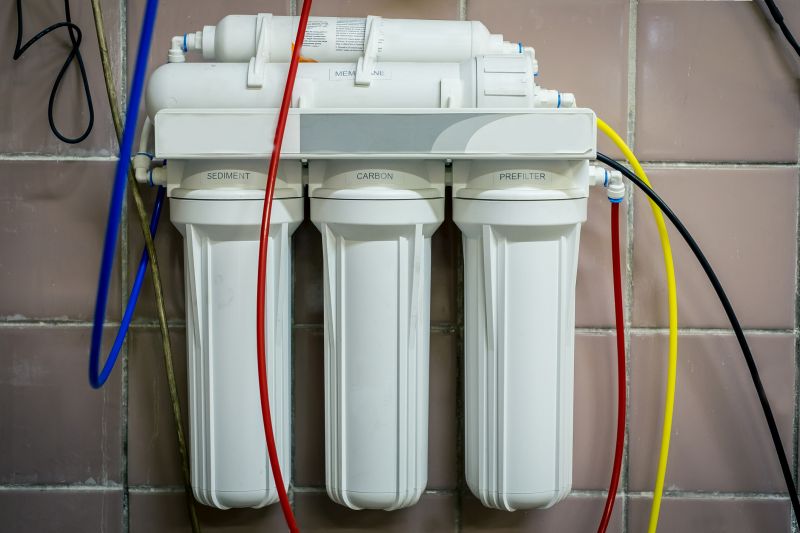
Lower-waste or water-saving choices for Water Treatments.

The short, realistic tool list for quality Water Treatments.
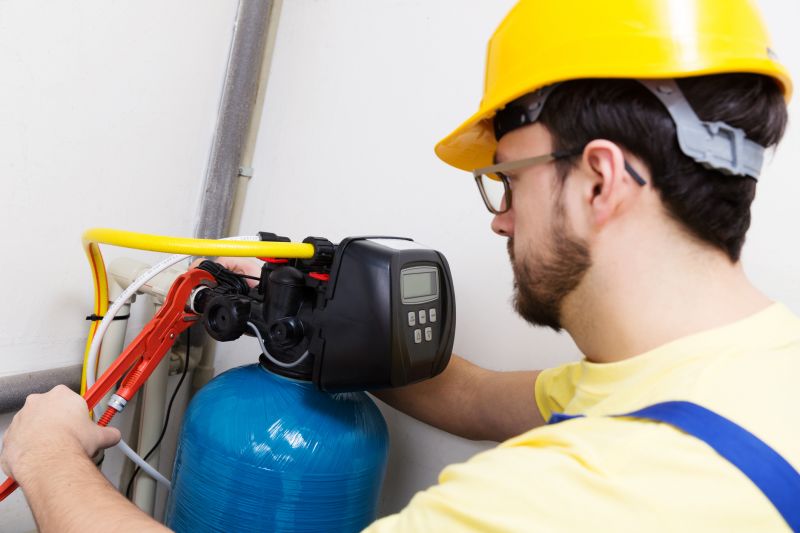
Rough timing from prep to clean-up for Water Treatments.
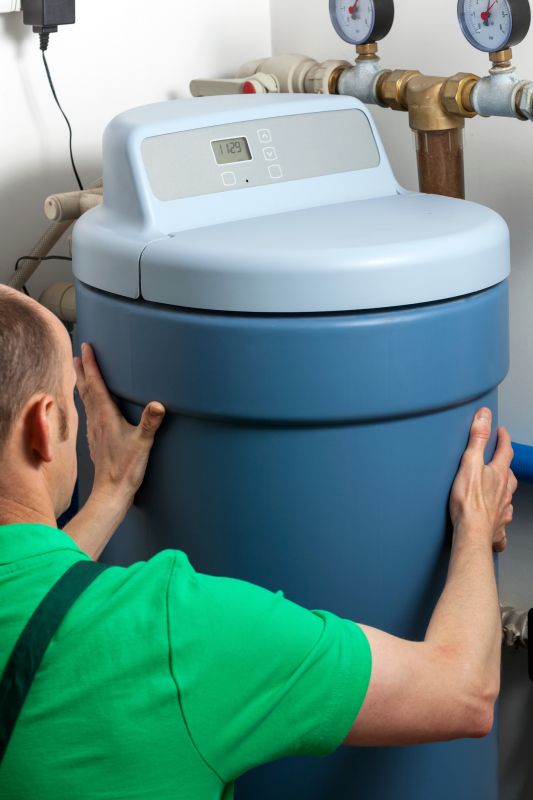
Quick checks and paperwork to keep after Water Treatments.

Examples that show the impact a good Water Treatments can make.
Effective water treatment scheduling depends on environmental conditions, water source quality, and usage patterns. By aligning treatment periods with seasonal changes and water demand, it is possible to maintain optimal water quality year-round. Consultation with water quality professionals can help determine the best timing for specific treatment needs.
Interested in scheduling water treatments or learning more about the best timing for your water system? Filling out the contact form can provide tailored recommendations to ensure safe and reliable water quality.

